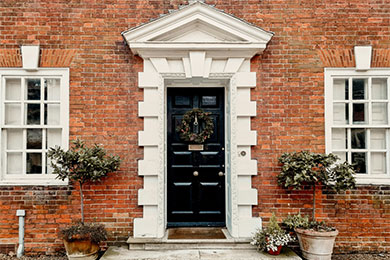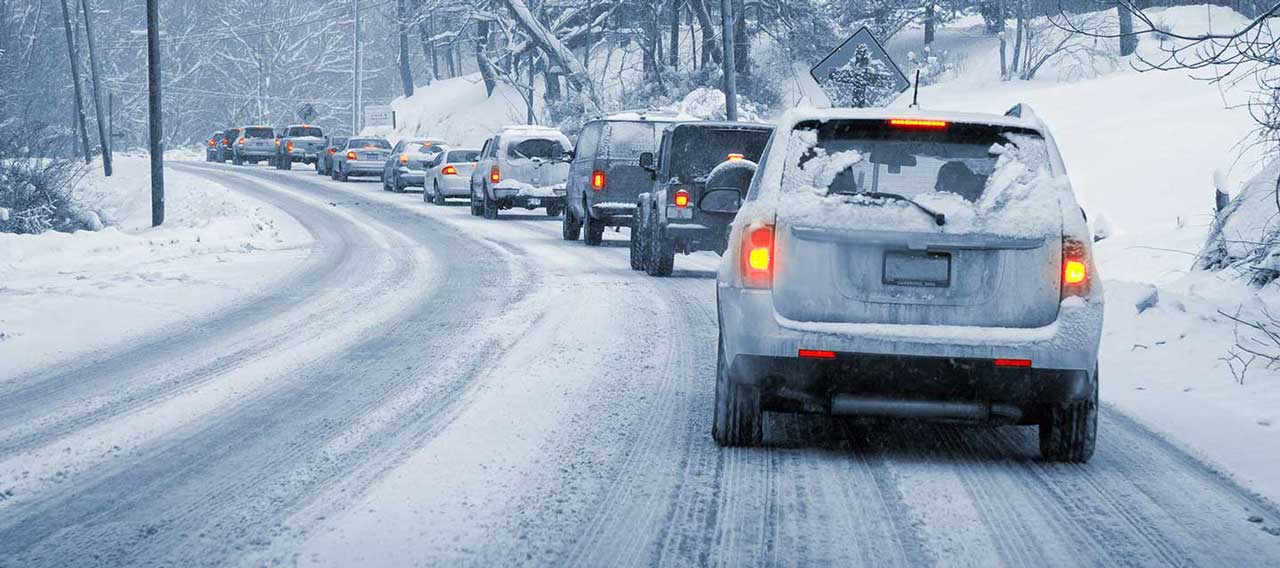- Businesses
- Individuals & Families
- Partnerships
- Brokers

Chubb Climate+ spans major industries, with a goal of enabling climate change progress in a meaningful way.


All Chubb policyholders are eligible for cyber services. Get the most value from your Chubb policy and schedule a consultation today.

In a complex world, Chubb’s support for multinationals and their brokers when choosing the right cover has never been more valuable.


As one of the world's largest providers of jewellery and fine art insurance, you can count on our unparalleled service and expertise, offering some of the broadest protection available.

As pioneers of using in-house appraisers to help clients establish the value of their property, and mitigate the risk of loss, our appraisal service is a key reason why owners of fine homes and high value possessions around the world choose Chubb

Build your business by providing the protection your customers need – it’s insurance for the new possible.

The seamless, secure, and scalable engine behind new possibilities for your company and customers.

-
About
About UsWho We AreFinancial & Regulation
- Claims
-
FCA Regulation
-
Contact
Chubb CareersComplaints
-
BackSuggested Searches
A flooded basement is every homeowner’s nightmare. And it can happen at any time from many different causes.
Causes of Basement Floods
The three most common causes of basement floods are:
1. Excessive groundwater:
Many home drainage systems can be inadequate, and will be overwhelmed if the water table rises, allowing water to seep in through cracks and holes in the foundation.
2. Surface water inflow:
If your home is positioned downhill, heavy rain can turn into an excess of water flowing down streets and pouring in under doors and through window wells.
3. Sewer backup:
When a sewer drain is blocked or overloaded during heavy rain, a backup can occur. Wastewater may then flow toward your home, entering through the lowest drain in your basement, which may include a floor drain, shower, sink or toilet
With the UK’s climate getting wetter, it is now more important than ever to consider how flood-proof your basement is, and to take appropriate preventative action.
Preventing a flooded basement
If you live in a high-risk flood area and your home has a basement, what can you do to reduce the risk of a flooded basement?
Some actions you can do outside your home.
- Seal cracks and holes in exterior walls, floors, windows, window wells and the foundation.
- Make sure downspouts drain rainwater at least 6 feet away from the exterior walls of your home.
- Clear gutters and downspouts of leaves and other debris that prevent proper drainage of rainwater from the roof.
- Assess the grading around your home. The ground should slope away from the foundation to help rainwater drain away naturally.
- Plant native trees and shrubs around your home to help soak up excess water. Be careful not to plant trees too close to the house to avoid subsidence.
- Install porous paving to absorb water and melted snow. Alternatively, gravel or shingle paths and beds can also be effective, as the gaps between the stones channel excess water into the ground.
- Find out if your home was built with a weeping tile system, otherwise known as a corrugated drainpipe, French drain or land drain system. Repair or replace the perforated pipe surrounding the perimeter of your foundation as the system deteriorates with time.
- Ensure any shallow ditches surrounding your property are well maintained and clear of obstructions.
Actions you can do inside your home
- Have your plumbing and water heater maintained once a year.
- Set your thermostat to 15 degrees Celsius or higher at all times and leave under-sink cabinet doors open to help prevent frozen pipes.
- Know the location and condition of your lateral drain. Typically, in the UK these are maintained by your water and sewage company, but it’s certainly worth knowing where this is and when it was last inspected.
- Install a sump pump in the basement which is designed to pump excess water away. Maintain it once a year and make sure your setup allows the sump pump to continue working during a power outage.
- Make sure you avoid clogging your plumbing system. This means never pouring grease down the sink or flushing items other than tissue paper and human waste down the toilet.
- Keep all important documents such as legal papers, birth and marriage certificates, financial papers, and insurance policy information in a safety deposit box, or in a fireproof and waterproof box on an upper floor inside the home.
- Seal walls in basements with waterproofing compounds to avoid seepage.
Water damage is one of the worst catastrophes we see happening to our clients’ properties and possessions. Taking action to prevent this type of disruption is always worth the effort.
Find out more about our home insurance proposition here.
Chubb. Expert insurers of your clients’ most valued possessions.
For more information on Chubb in the UK click here.
All content in this material is for general information purposes only. It does not constitute personal advice or a recommendation to any individual or business of any product or service. Please refer to the policy documentation issued for full terms and conditions of coverage.
Insights and expertise




